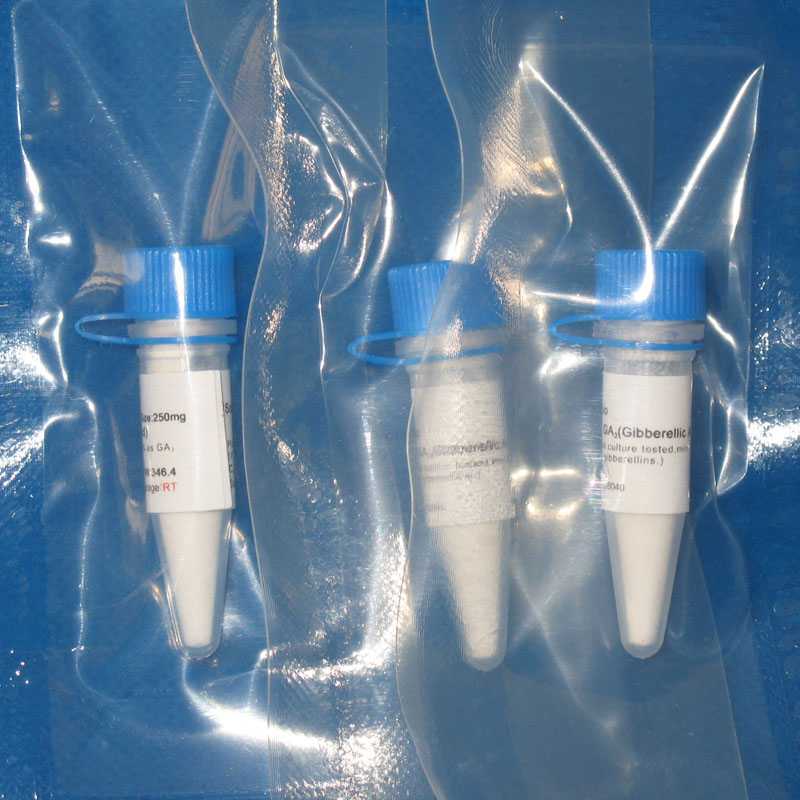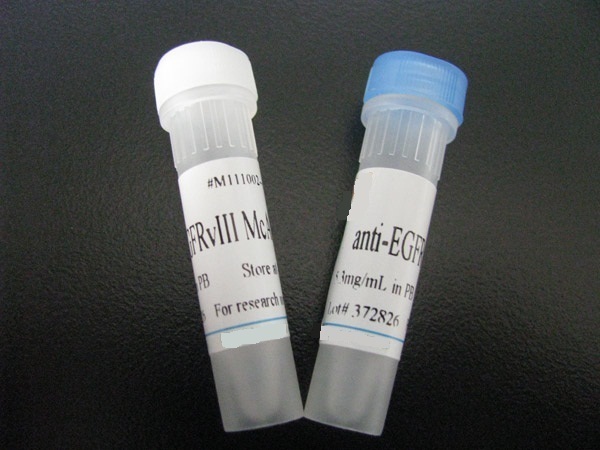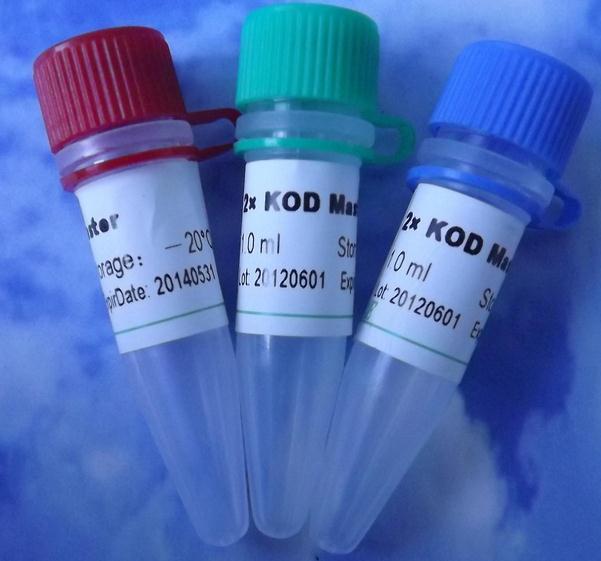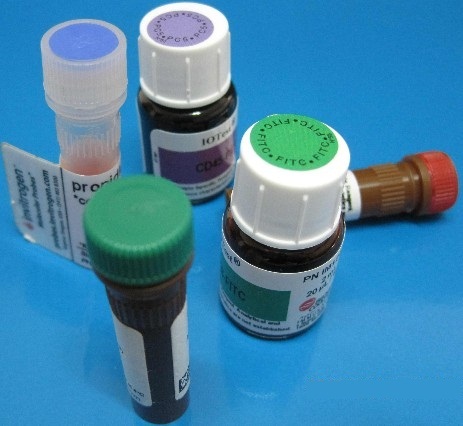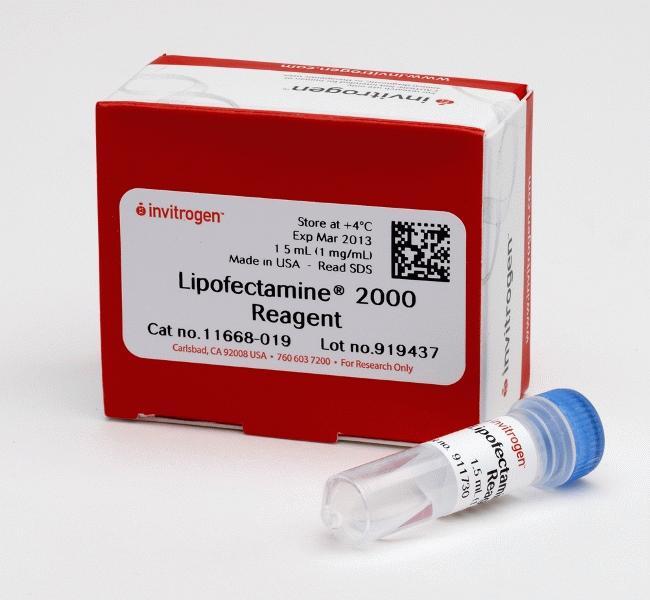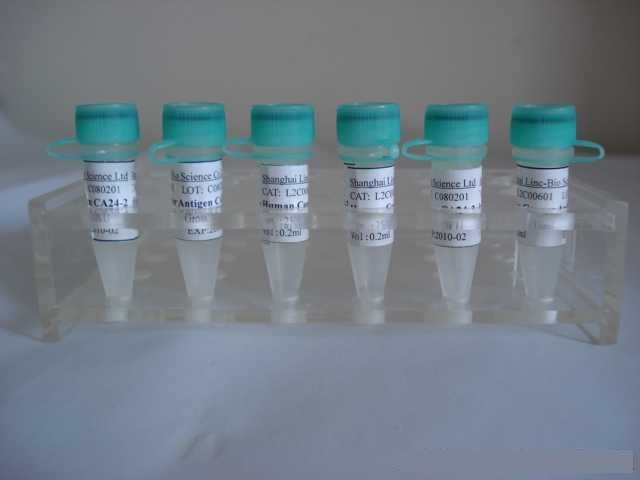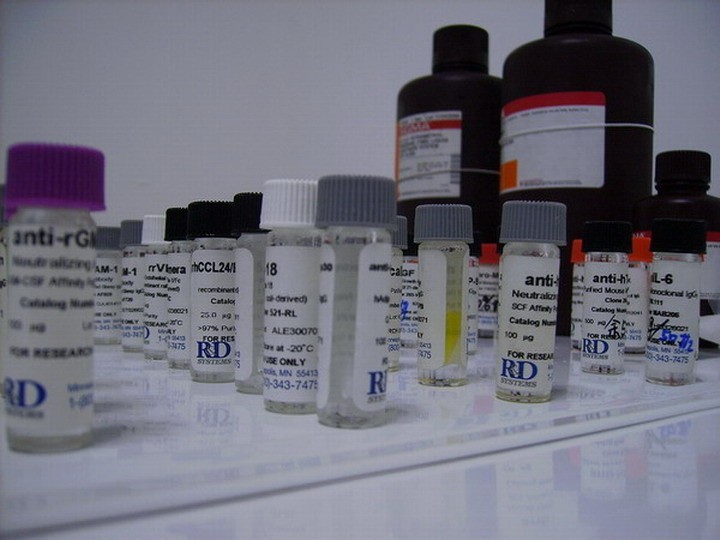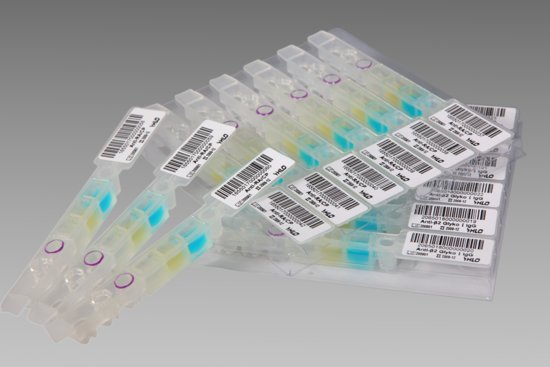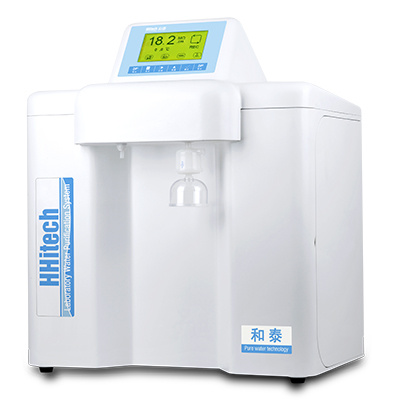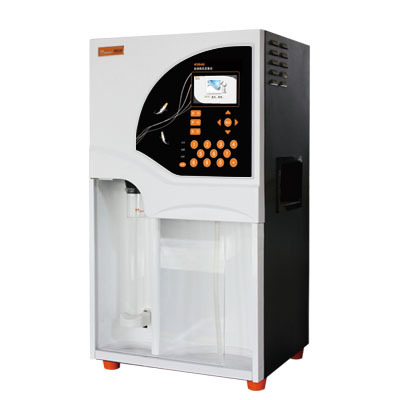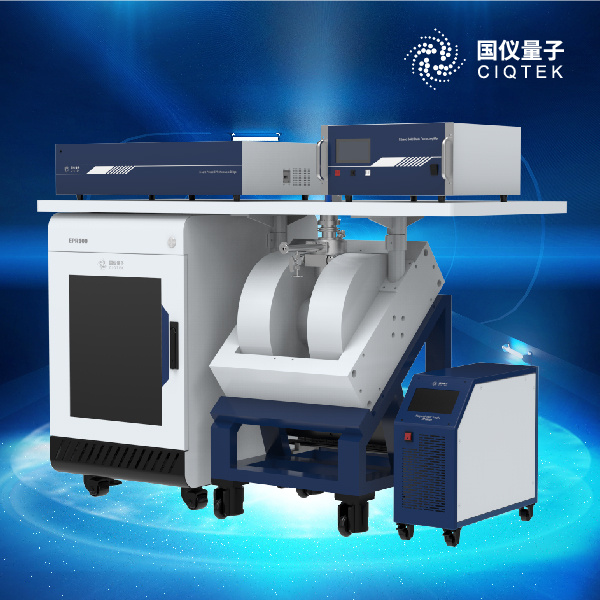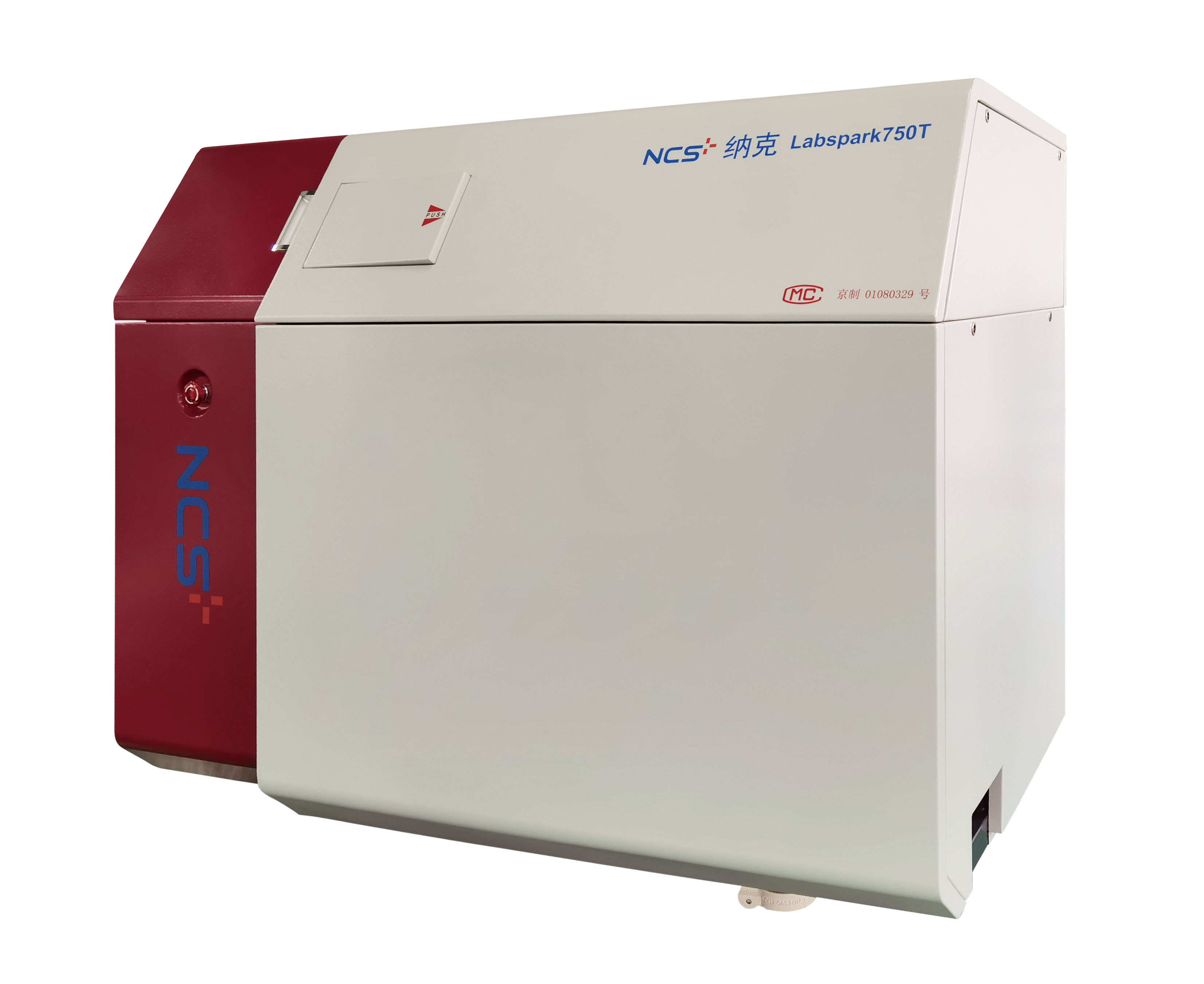浓 度 1mg/1ml
规 格 0.2ml/200μg
抗体来源 Rabbit
克隆类型 polyclonal
交叉反应 Human, Mouse, Rat, Chicken, Dog, Pig, Horse, Rabbit, Sheep
产品类型 一抗
研究领域 肿瘤 神经生物学 干细胞 细胞凋亡
蛋白分子量 predicted molecular weight: 25kDa
性 状 Lyophilized or Liquid
免 疫 原 KLH conjugated synthetic peptide derived from human DKK2
亚 型 IgG
纯化方法 affinity purified by Protein A
储 存 液 Preservative: 15mM Sodium Azide, Constituents: 1% BSA, 0.01M PBS, pH 7.4
产品应用 WB=1:100-500 ELISA=1:500-1000 IHC-P=1:100-500 IHC-F=1:100-500 ICC=1:100-500 IF=1:100-500
(石蜡切片需做抗原修复)
not yet tested in other applications.
optimal dilutions/concentrations should be determined by the end user.
保存条件 Store at -20 °C for one year. Avoid repeated freeze/thaw cycles. The lyophilized antibody is stable at room temperature for at least one month and for greater than a year when kept at -20°C. When reconstituted in sterile pH 7.4 0.01M PBS or diluent of antibody the antibody is stable for at least two weeks at 2-4 °C.
Important Note This product as supplied is intended for research use only, not for use in human, therapeutic or diagnostic applications.
Wnt通路抑制因子2抗体产品介绍 The Wnt genes are a group of well conserved, cysteine-rich secreted glycoproteins that are required for numerous develop-mental processes including embryogenesis, asymmetric cell division and central nervous system (CNS) patternins. Wnt association with the seven membrane spanning receptor Frizzled, activates Dishevelled, which downregulates glycogen synthase kinase (GSK) through serine phosphorylation, causing the accumulation of b-Catenin and subsequent regulation of developmentally significant Wnt target genes. The Dickkopf family of secreted inhibitors of Wnt signaling ensures proper morphological development by antagonizing different stages of the Wnt cascade. Dkk-2 (Dickkopf-2) is a 259-amino acid secreted protein that is composed of an N-terminal signal peptide and 2 conserved cysteine-rich domains, which are separated by a 50-55-amino acid linker region.
Function : Antagonizes canonical Wnt signaling by inhibiting LRP5/6 interaction with Wnt and by forming a ternary complex with the transmembrane protein KREMEN that promotes internalization of LRP5/6. DKKs play an important role in vertebrate development, where they locally inhibit Wnt regulated processes such as antero-posterior axial patterning, limb development, somitogenesis and eye formation. In the adult, Dkks are implicated in bone formation and bone disease, cancer and Alzheimer disease.
Subunit : Interacts with LRP5 and LRP6 (By similarity).
Subcellular Location : Secreted.
Tissue Specificity : Expressed in heart, brain, skeletal muscle and lung.
Post-translational modifications : May be proteolytically processed by a furin-like protease.
Similarity : Belongs to the dickkopf family.
Database links : UniProtKB/Swiss-Prot: Q9UBU2.1
![]()



